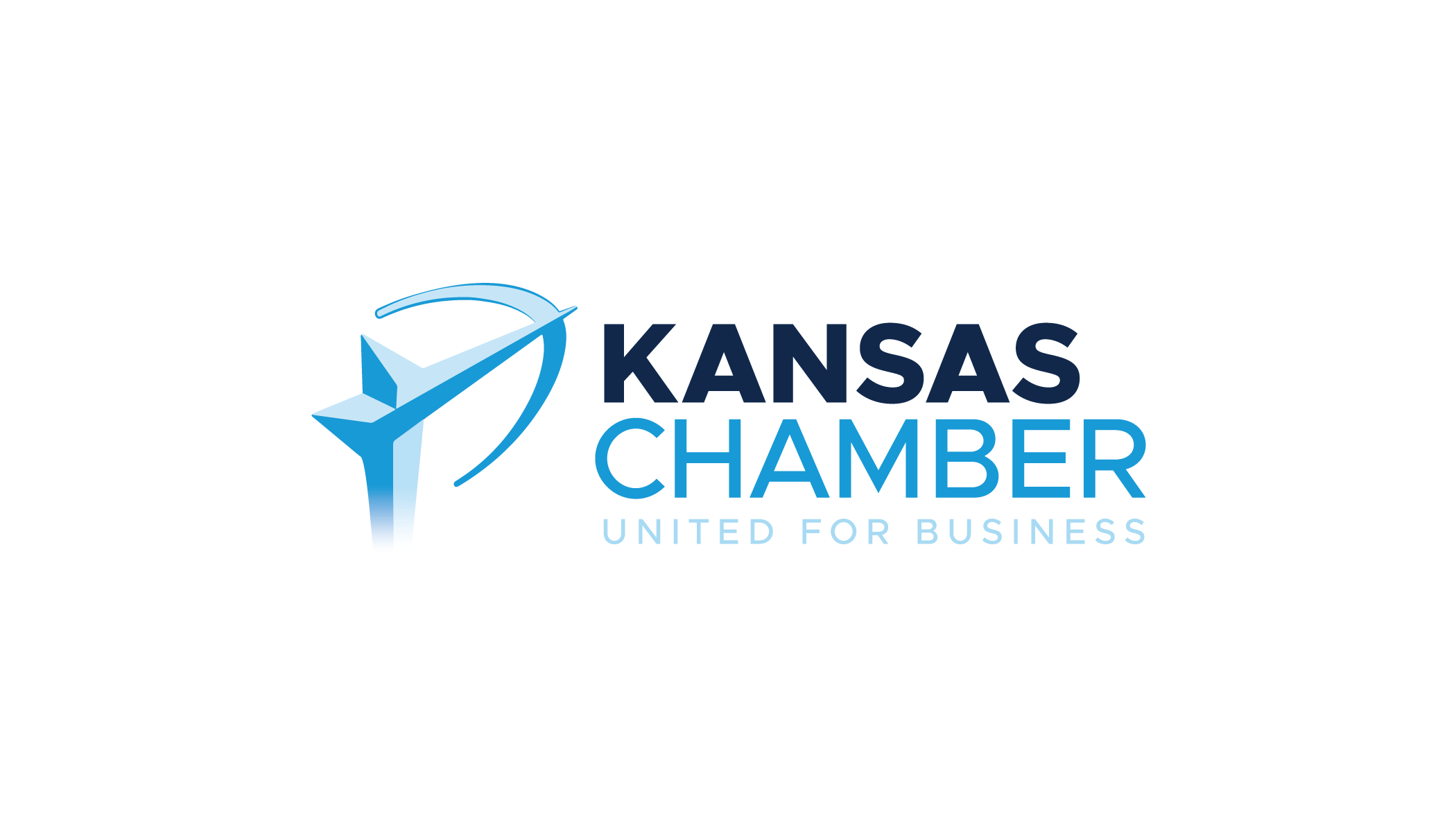08 Jan Annual Business Leaders Poll Finds Concerns about COVID-19 impact; State Business Environment
Topeka, KAN. – Concerns about the negative impact of the COVID-19 pandemic and the subsequent actions taken by the state of Kansas topped the Kansas Chamber’s 17th edition of its Annual Business Leaders Poll.
“Each year the Kansas Chamber asks business leaders to name the most important issues they face. Taxes always have been at the top, but the impact of the COVID-19 pandemic was an even more intense issue for businesses in 2020,” said Chamber President and CEO Alan Cobb. “It is no secret the shutdown and other restrictions by state and local governments hurt certain businesses as well as our state’s economy tremendously. Our poll found the operations of nearly every business has been directly impacted. 66% reported supply chain issues while 46% believe the state’s response to the pandemic was more than what was necessary.”
Cobb continued, “From the early days and weeks of the virus’ spread, Kansas businesses worked to repurpose their facilities to manufacture much needed personal protection equipment (PPE) and sanitizer. They established safe workplaces as they reopened and their employees and customers returned. Unless Governor Laura Kelly and the Kansas Legislature take the necessary steps to remove barriers to growth and improve our state’s business climate, our overall economic outlook will remain at risk.”
The Chamber commissions Cole Hargrave Snodgrass and Associates (CHS) annually to conduct a scientific poll of 300 Kansas business leaders to gauge their thoughts and concerns regarding the Kansas business and political climates.
Among the traditional business concerns, taxes remain the top issue.
“Fifty-two percent of business leaders polled cited lower taxes on business as most important to profitability,” said CHS President Pat McFerron.
McFerron said when it comes to the Kansas workforce, business leaders are optimistic about hiring in the coming year.
“And as what generally happens during an economic crises when there is less competition, satisfaction with the state’s workforce has increased,” said McFerron. “Still, there continues to be apprehensions about the quality of the workforce. 57% are concerned about finding employees with soft skills while 25% worry about identifying employees with technical skills their companies need.”
Other poll highlights from Kansas business leaders:
- 77% believe Kansas should cut state spending rather than raise taxes
- 75% want more funding going into K-12 classrooms
- 63% believe it would help the Kansas economy to lower taxes
- 60% believe it is more important to improve student performance than to increase funding for schools
- 54% don’t believe Kansas has the best business climate when compared to other states
- 49% believe their businesses pay too much in taxes while 5% want to pay more
“Hearing directly from Kansas business leaders is vital to the economic growth of our state. It provides the Kansas Chamber a clear understanding of the challenges their companies face on a year-by-year basis,” said Cobb. “We use their input to help determine the issues and policies important to the state’s business community and then share those priorities through our legislative agenda. It is our hope the governor and state lawmakers keep these poll findings in mind as they consider the many important decisions they will make during the 2021 legislative session.”
CHS has conducted the Chamber’s Annual Business Leaders poll since 2004. The participating businesses reflect company sizes and industry sectors that make up the Kansas business community according to Dun and Bradstreet and are not necessarily members of the Kansas Chamber.
Click here to read the Chamber’s 2020 Business Leader Poll.
###
For more information, contact Sherriene Jones-Sontag.
Posted Jan. 8, 2021

